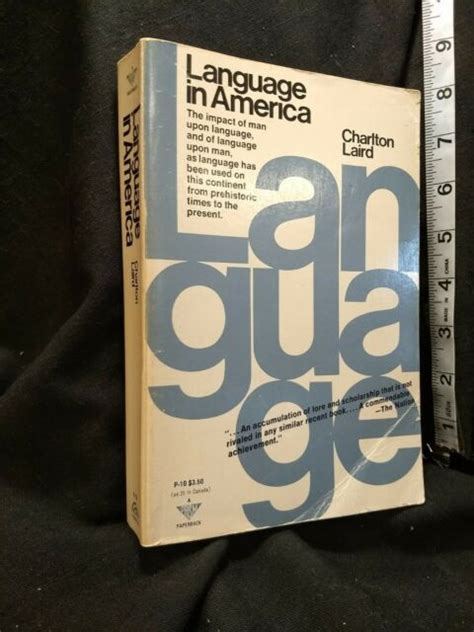A Quote by Red Smith
I have known writers who paid no damned attention whatever to the rules of grammar and rhetoric and somehow made the language behave for them.
Related Quotes
Must you write complete sentences each time, every time? Perish the thought. If your work consists only of fragments and floating clauses, the Grammar Police aren't going to come and take you away. Even William Strunk, that Mussolini of rhetoric, recognized the delicious pliability of language. "It is an old observation," he writes, "that the best writers sometimes disregard the rules of rhetoric." Yet he goes on to add this thought, which I urge you to consider: "Unless he is certain of doing well, [the writer] will probably do best to follow the rules."
By a generative grammar I mean simply a system of rules that in some explicit and well-defined way assigns structural descriptions to sentences. Obviously, every speaker of a language has mastered and internalized a generative grammar that expresses his knowledge of his language. This is not to say that he is aware of the rules of the grammar or even that he can become aware of them, or that his statements about his intuitive knowledge of the language are necessarily accurate.
Personally I think that grammar is a way to attain Beauty. When you speak, or read, or write, you can tell if you've spoken or read or written a fine sentence. You can recognise a well-tuned phrase or an elegant style. But when you are applying the rules of grammar skilfully, you ascend to another level of the beauty of language. When you use grammar you peel back the layers, to see how it is all put together, to see it quite naked, in a way.
We live in a world filled with language. Language imparts identity, meaning, and perspective to our human community. Writers are either polluters or part of the clean-up team. Just as the language of power and greed has the potential to destroy us, the language of reason and empathy has the power to save us. Writers can inspire a kinder, fairer, more beautiful world, or invite selfishness, stereotyping, and violence. Writers can unite people or divide them.
I think the most important work that is going on has to do with the search for very general and abstract features of what is sometimes called universal grammar: general properties of language that reflect a kind of biological necessity rather than logical necessity; that is, properties of language that are not logically necessary for such a system but which are essential invariant properties of human language and are known without learning. We know these properties but we don't learn them. We simply use our knowledge of these properties as the basis for learning.
People who think that grammar is just a collection of rules and restrictions are wrong. If you get to like it, grammar reveals the hidden meaning of history, hides disorder and abandonment, links things and brings opposites together. Grammar is a wonderful way of organising the world how you'd like it to be.
































